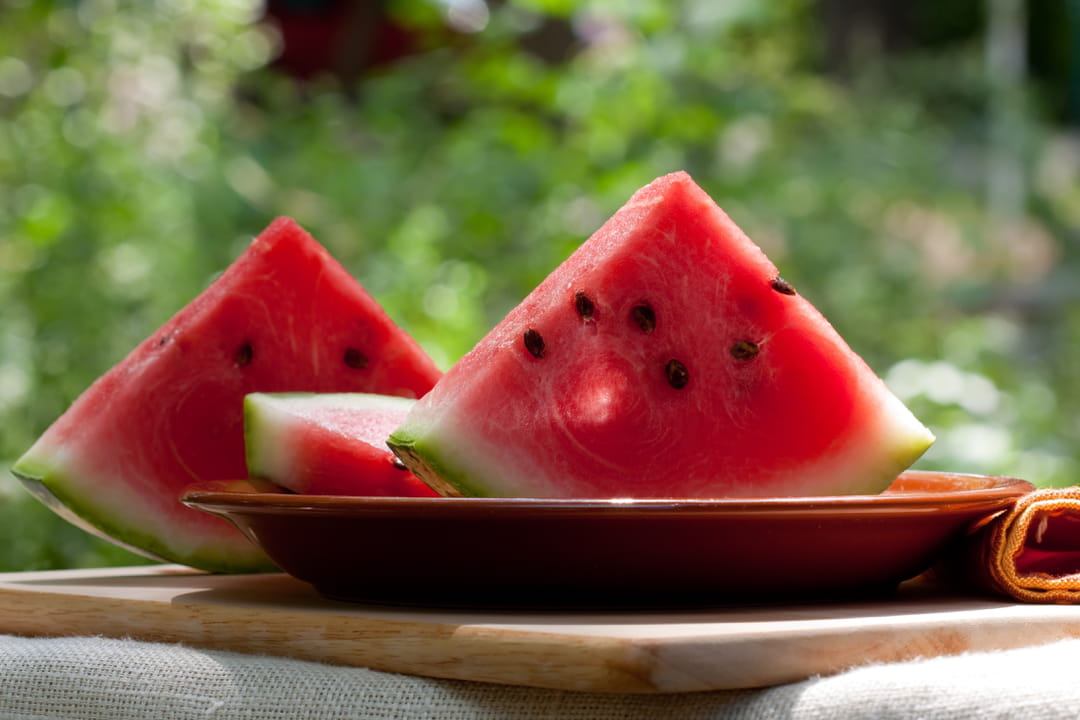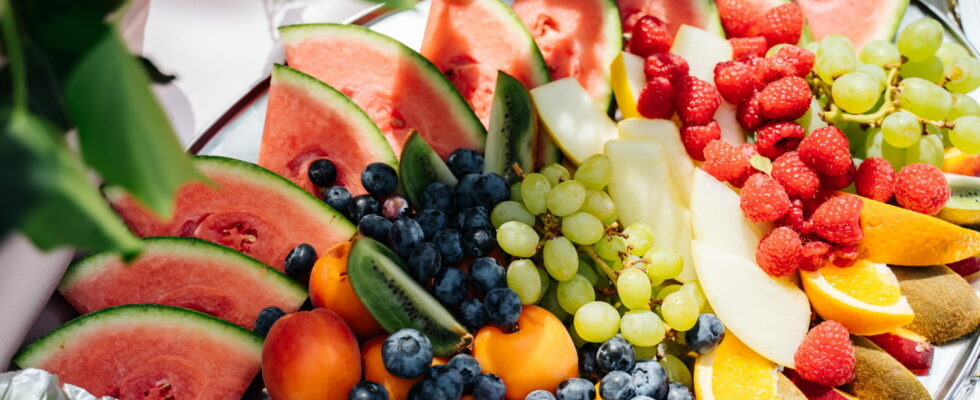In summer, consumers have a wide variety of fruit to choose from. However, you have to be careful not to overdo it, especially the one that is known for its freshness.
Summer is the season of fruits par excellence. Apricots, strawberries, cherries, nectarines, there is something to feast on. They provide us with plenty of vitamins and freshness. Are all these fruits good for our health? One of them is particularly misleading. Due to its water content and low calorie content, it is seen as the ideal fruit for this season. It is also rich in calcium, iron and magnesium.
However, according to a clinical case study published in the journal Annals of Internal Medicineyou should be careful when consuming this fruit. Its potassium content could be dangerous. A large slice of this summer fruit contains 126 mmol of potassium, a figure that exceeds the WHO recommendations (90 mmol per day). While potassium contributes to the proper functioning of the nervous system and the brain, it can also cause hyperkalemia, an excess of potassium in the blood. This can manifest itself in heart rhythm disorders and symptoms such as muscle weakness or paralysis.

The risk is particularly high for people with chronic kidney disease because their kidneys have trouble filtering excess potassium from the blood. According to the Ministry of Health, around 5.7 million people are affected by such a disease in France. They must watch their watermelon consumption even more.
One of the clinical cases in the study involved a man with type 2 diabetes and severe chronic kidney failure who was admitted to intensive care after losing consciousness. His heart rate had slowed. It turned out that he had consumed a large amount of watermelon daily for the past two months. The study described two other similar cases, where high potassium levels were found after eating too much watermelon or drinking excess watermelon juice. The patients also suffered from kidney disease.
In different cases, by eliminating these habits and sometimes by adding medications, their condition improved. The authors of the study want to emphasize “the importance of dietary advice in patients with advanced chronic renal failure, including end-stage renal failure.” They also emphasize that watermelon is not the only fruit “known to cause hyperkalemia,” this also concerns bananas and tomatoes.
